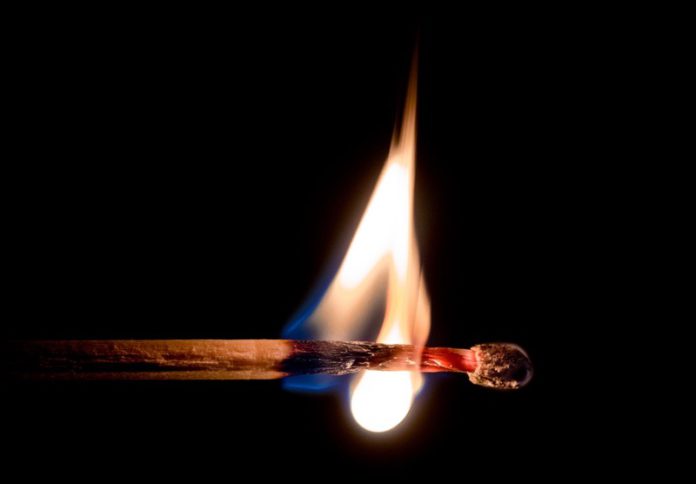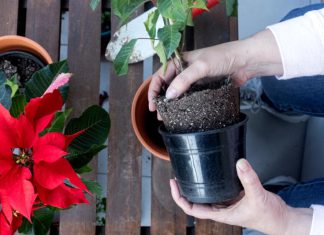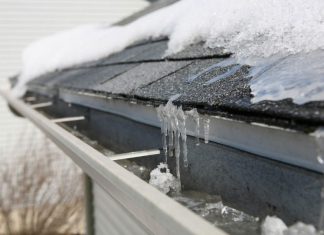Fire safety should be one of your top priorities when you get a new home. Before you start moving in all of your things, you should take some steps to protect your house from fires. Here’s how:
Don’t DIY Electrical Work
Electrical work is one of the home projects to never DIY as an amateur. If you make a mistake, you could risk electrocuting yourself in the middle of the renovation. Even if you don’t manage to electrocute yourself, you should know that poor electrical wiring can cause housefires. It’s crucial that you call in a trained professional to tackle the work for you.
Use GFCIs
Speaking of electrical work, you should talk to your electrician about installing ground fault circuit interrupters (GFCIs) in your electrical outlets. You’ll want them to be installed in your bathrooms and kitchen, along with any other area where water could reach an outlet.
Check Your Batteries
Smoke alarms should be on every level of your house. Before you move into your new home, you should replace the batteries of each alarm. Do the same with your carbon monoxide detector.
Get Fire Extinguishers
You should have a small fire extinguisher on every floor of the house and in the kitchen. You will also want to put a container of baking soda or salt near your stovetop in case you experience a grease fire — these products can smother the flames.
Clean Your Chimney
Chimneys can become fire hazards when they haven’t been cleaned. They develop a layer of creosote, which can catch fire and cause a huge disaster. So, just in case the previous owners ignored some crucial maintenance, you should clean your chimney before you decide to throw a log on the fire.
Be Smart about Fireplaces
Once the fireplace is ready to use, make sure that it’s properly ventilated before lighting a log in it. You’ll also want to put a screen in front of it to keep any coals or embers from coming through and hitting anything flammable—for example, your living room carpet. It can also keep children and pets away from open flames.
Plan with the Family
Other than renovations and redesigns, you should make a fire safety plan with your family as soon as you move in. Find all of the potential exits and pick a location where you can safely meet outdoors once you’ve vacated the premises — for instance, a neighbour’s yard.
Grandparents:
If you have an elderly relative or a relative with mobility issues in the house, then you will want to think about how an emergency like a fire would affect them. Evacuating the house quickly could be very difficult for them.
As a precaution, you should consider getting fire evacuation chairs for the floors in your home. All they have to do is sit in the chair. Someone else will secure them to their seat and then guide them down staircases and out of the house quickly and meet the rest of their housemates at a safe location.
Kids
It can be hard to get young kids to pay attention when you’re talking about emergencies. So, try to make fire safety fun with them by visiting the neighbourhood fire station, reading books and running fire drills. This will help the important information stick with them.
A housefire is a nightmare that you don’t want to experience in your new home. So, prioritize fire safety right away.












